This project took place in a traditional wet market. It aimed to explore the collective social changes in relation to our sensations caused by the pandemic.
The plague originally spread from Huanan seafood market to all around the world. A market, specifically a wet market, was the starting place of the global pandemic route map. In this situational platform, fresh foods decay, life meets death, where humans and animals co-exist; thus virus, parasites and bacteria are enabled to carry out cross-species transmission between blood and body.
As the Covid-19 situation becomes more severe, lockdowns of whole countries and all corresponding prevention measures have invariably changed contemporary life-styles. The days of free movement and travel have come to an end. The constant taking of temperature, disinfection and the wearing of masks have become an everyday part of life. The impact of the pandemic has not only been political, economical, social, and mental, but also a collective social transformation of our senses.
Disinfectant, alcohol and masks are being used to separate us from the virus; however they also deprive us of our sense of taste. The sense of smell is somewhat intangible and thus usually ignored, but it also plays a significant role in human sensation. When it becomes absent, what impact does this have on our lives?
Longquan market is located near Taipower Building Station, a traditional wet market, which is open in the mornings, while this project took place in the evening, after the market had closed, for the week’s exhibition.
At the market, the artist Ting-tong Chang collaborated with the Laboratory of Fragrance and Perfume (LFP) to come up with “Smell Installation”, from which various tailored spice would be emitted along with fluctuating signals, visual and aural. Also combining light, sound and images, the artwork transformed the market into a large-scale on-site installation. Through the olfactory, the auditory and the visual, its aim was to change the visitors’ spatial sensations. We aimed to explore the sense of smell, which plays an important role as a memory carrier and also in affecting people’s reception of a space.
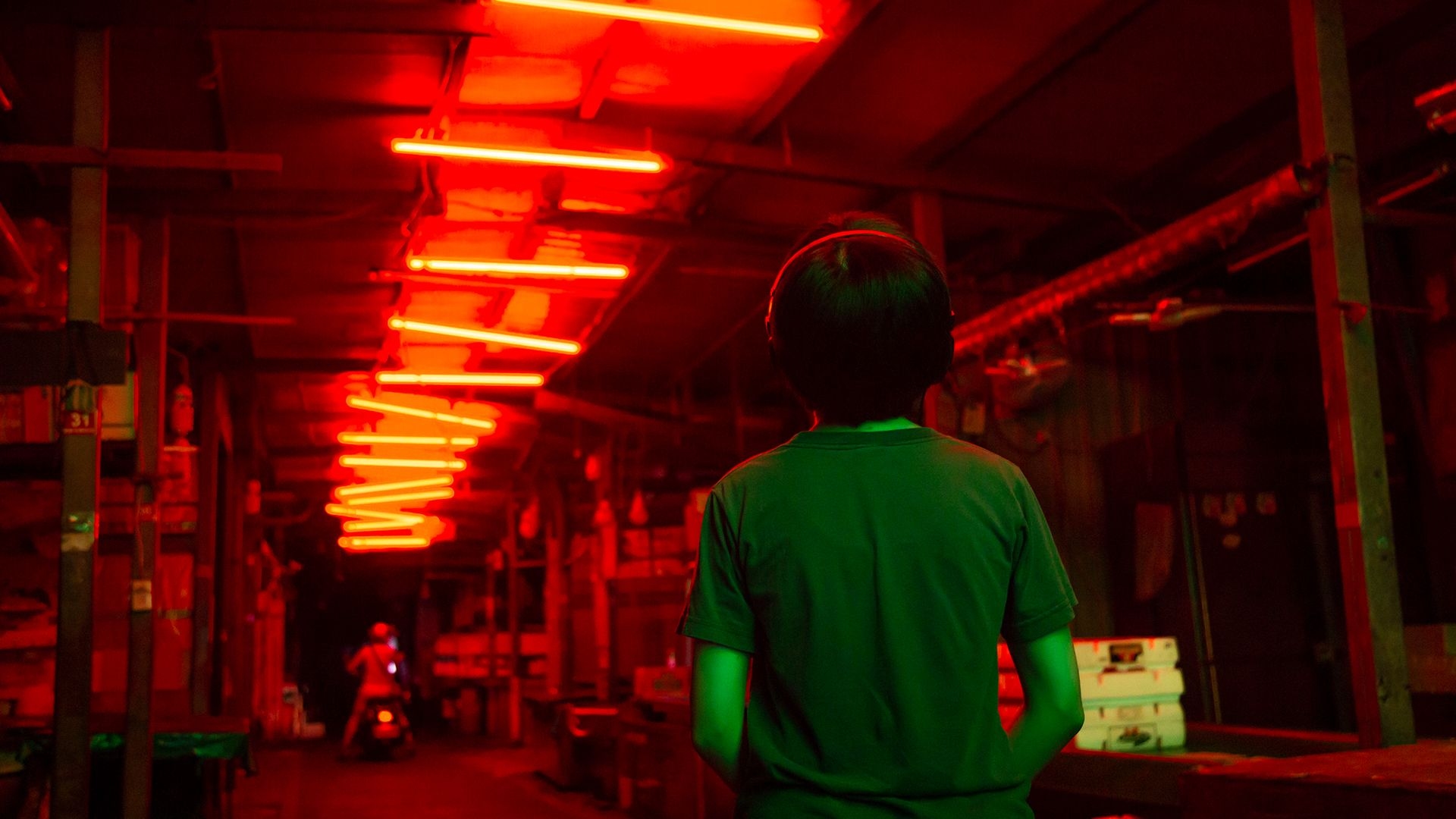
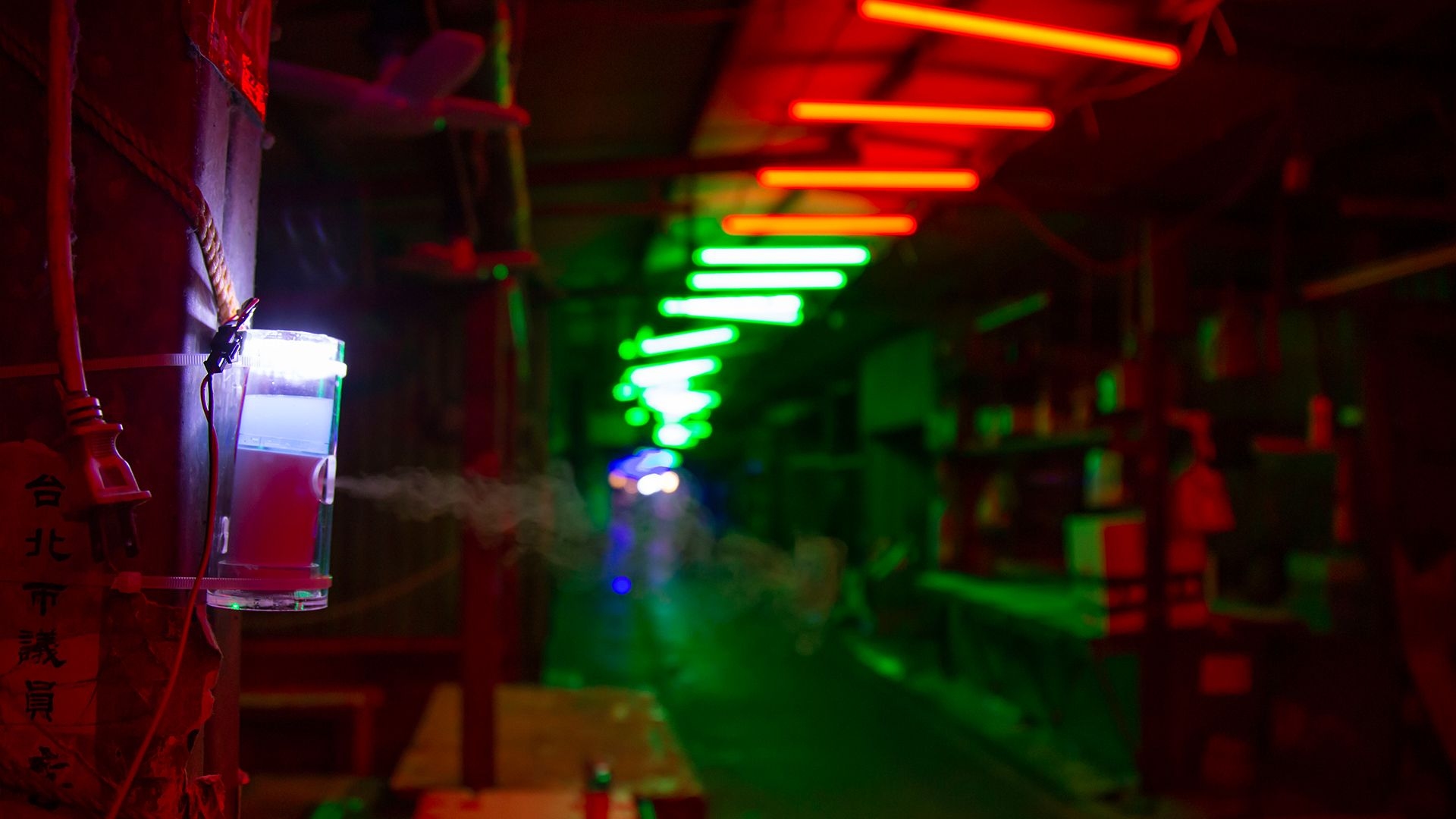
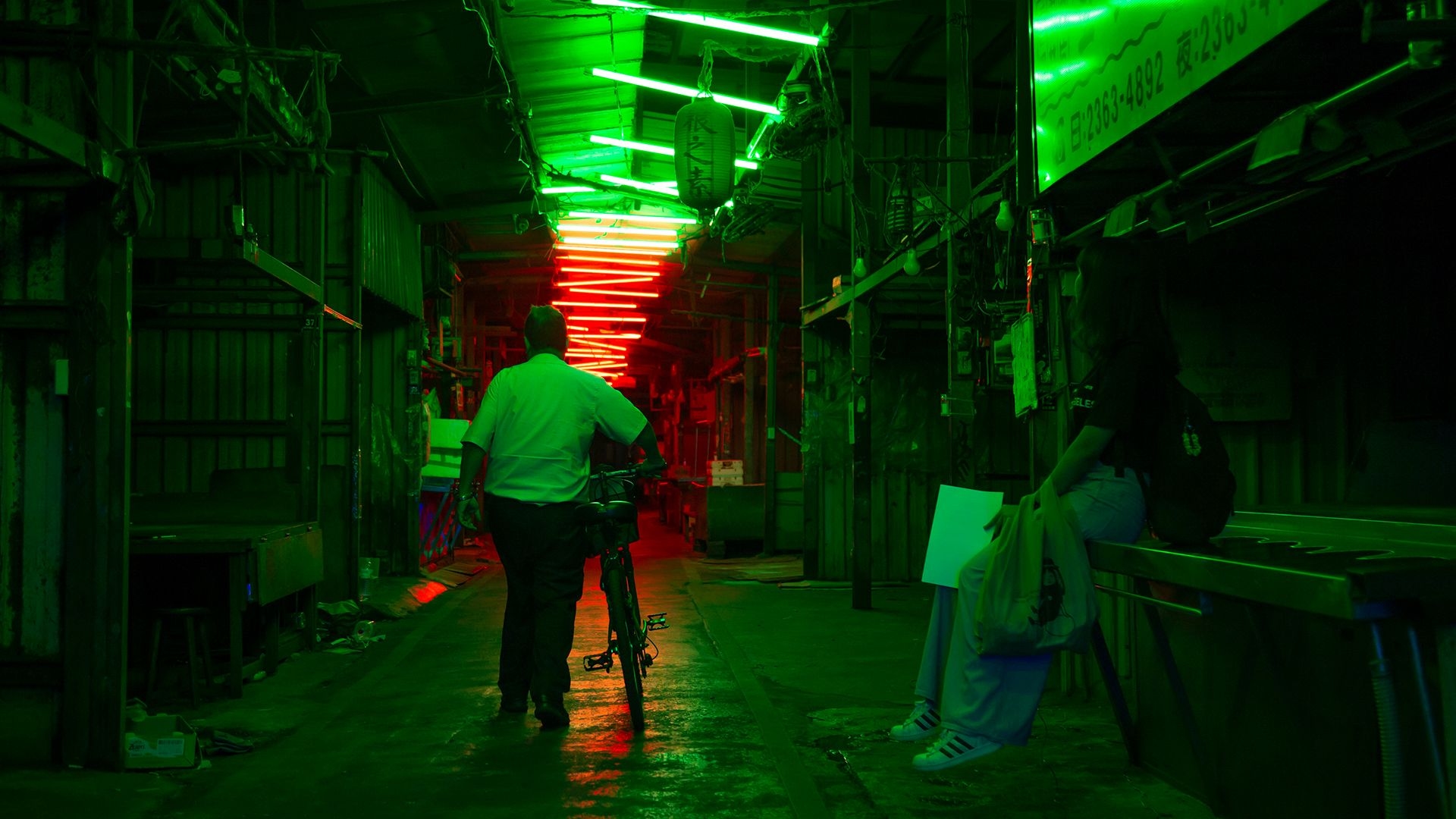
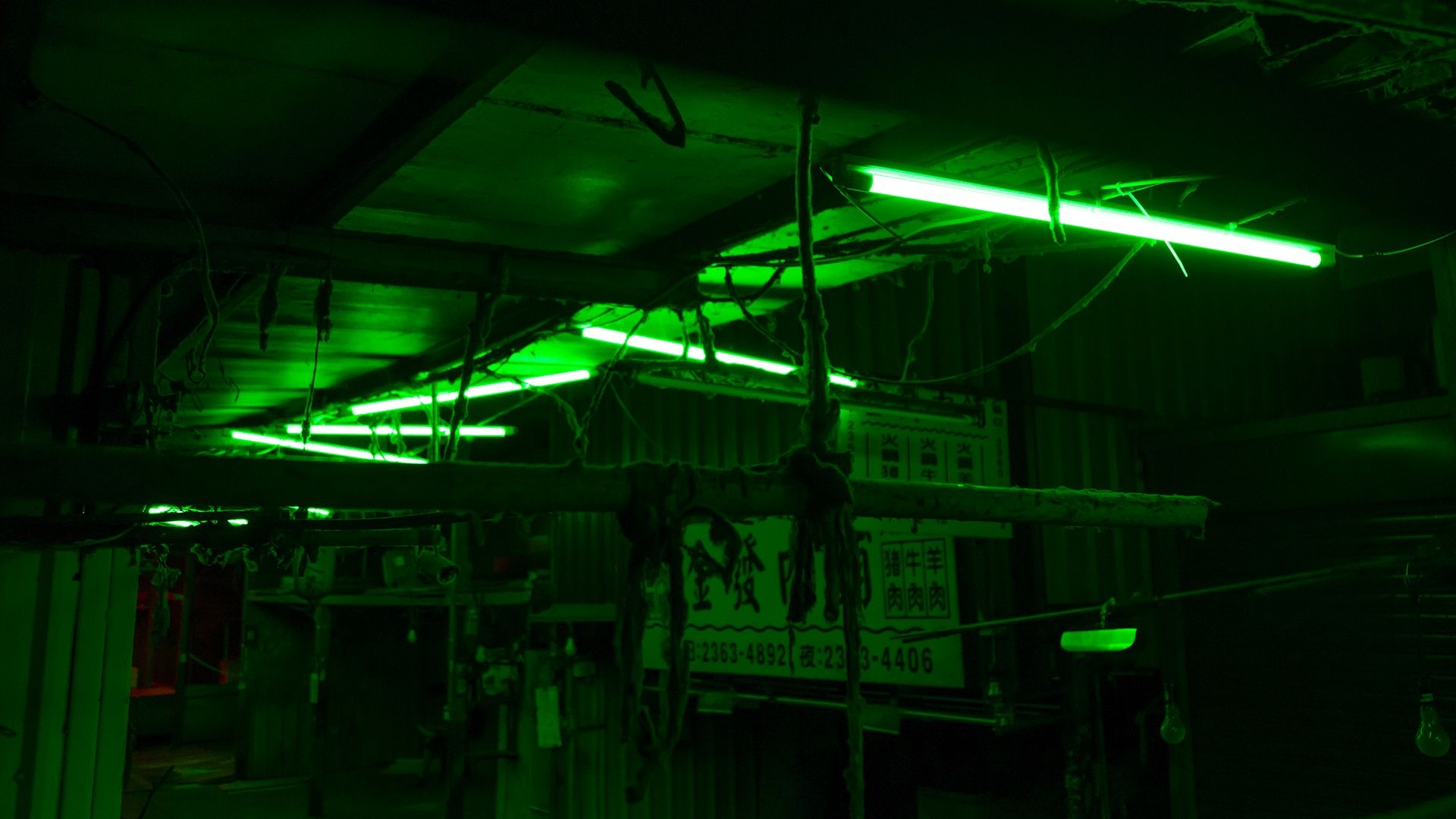
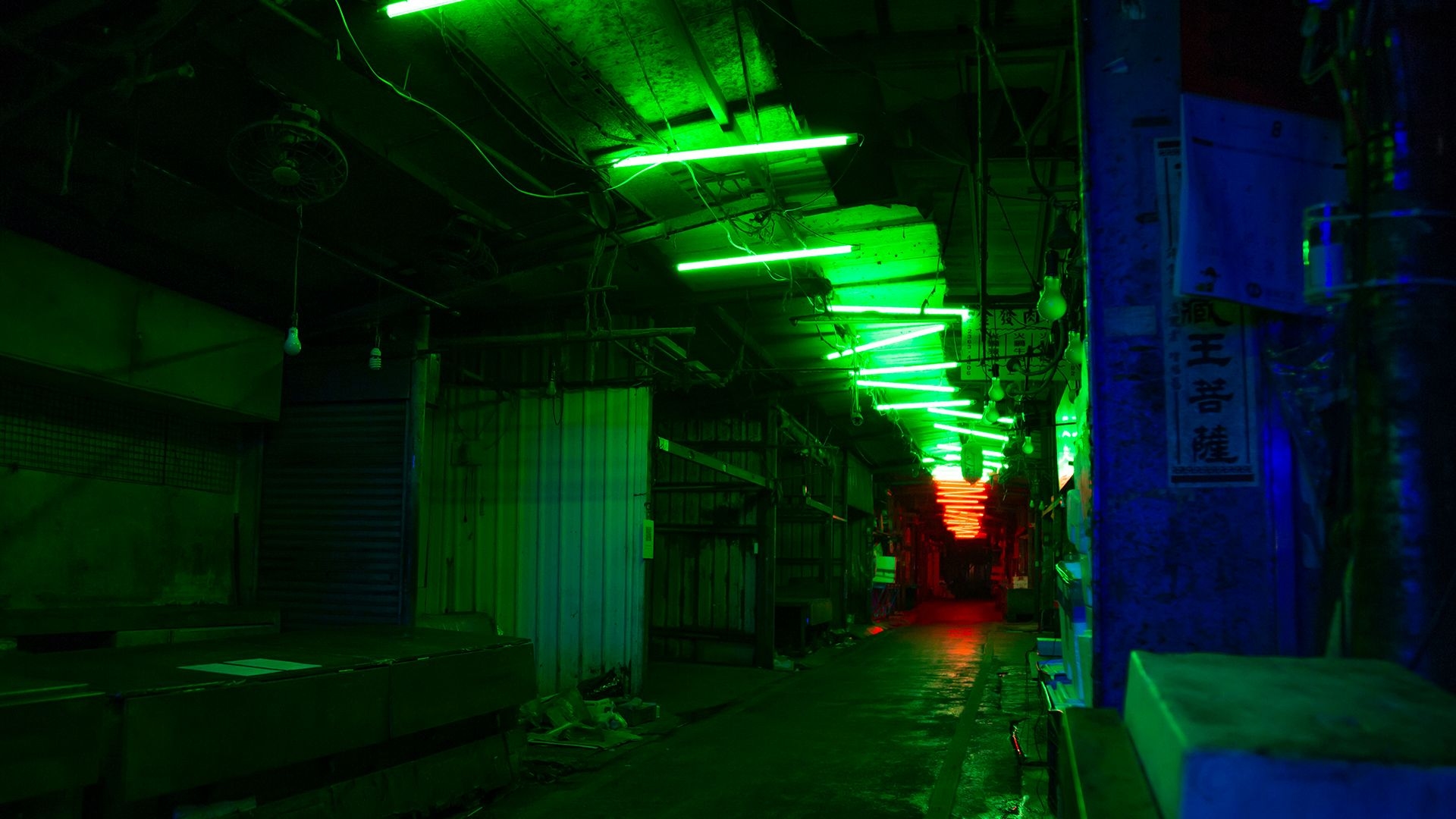
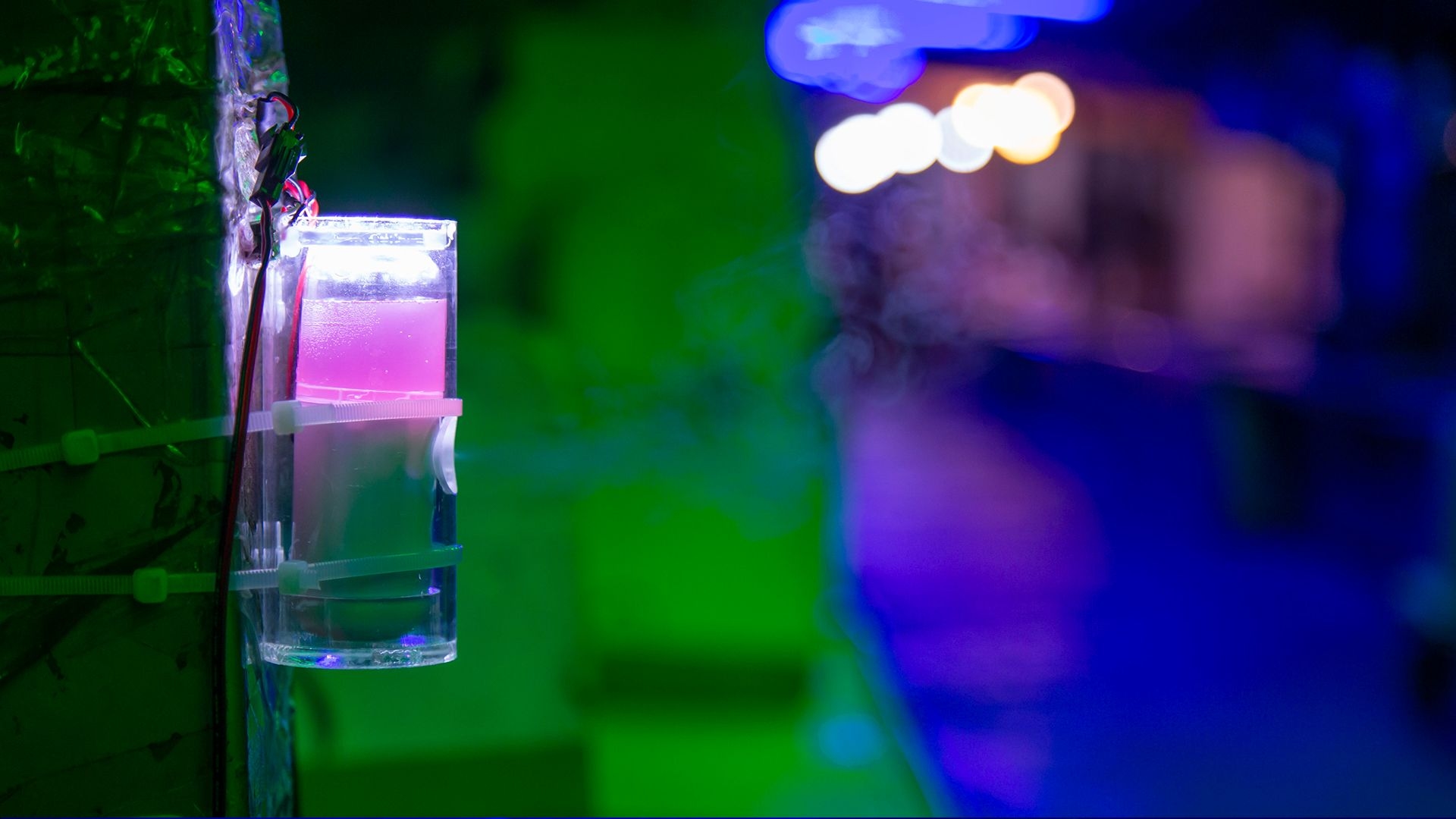
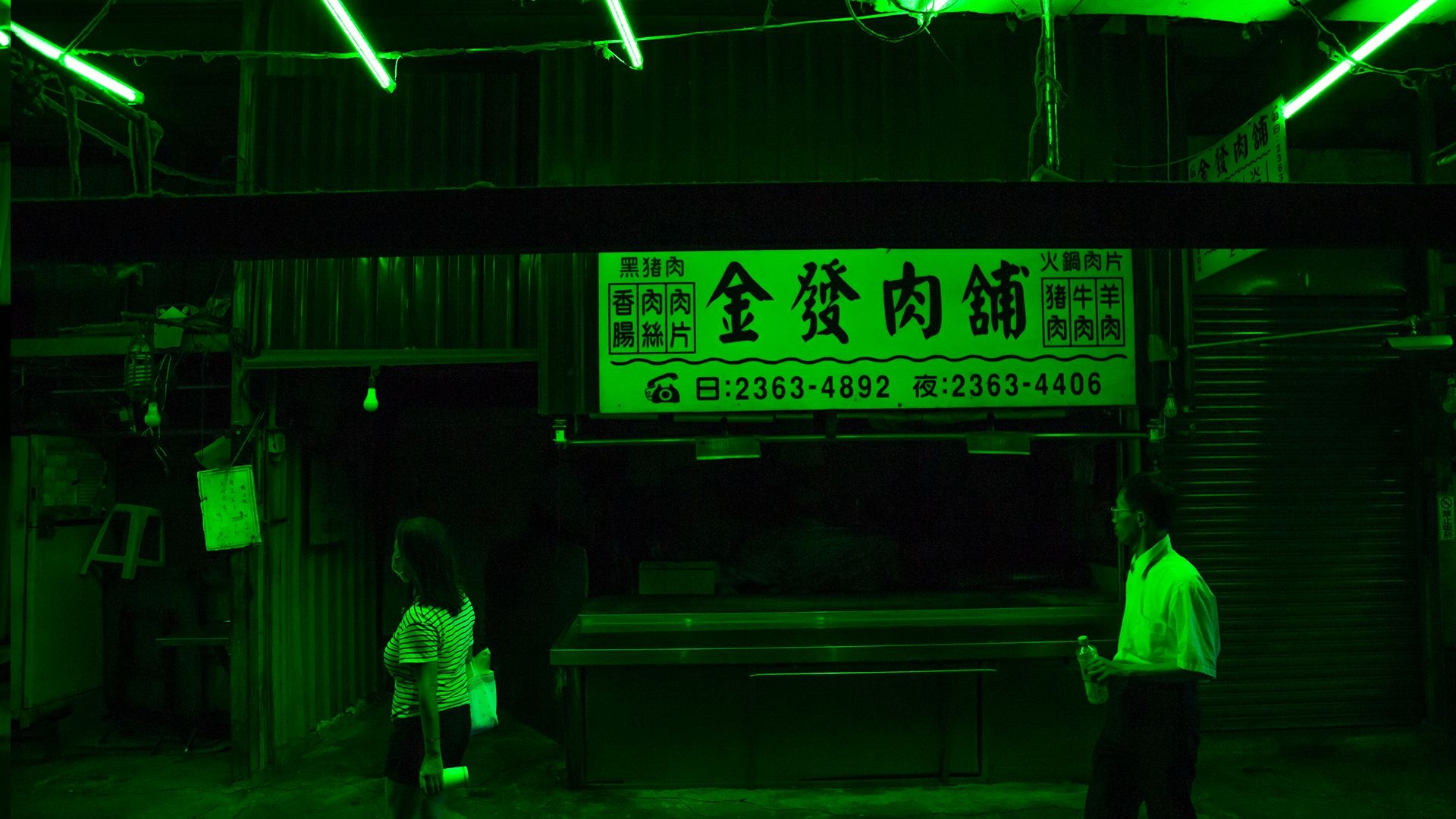
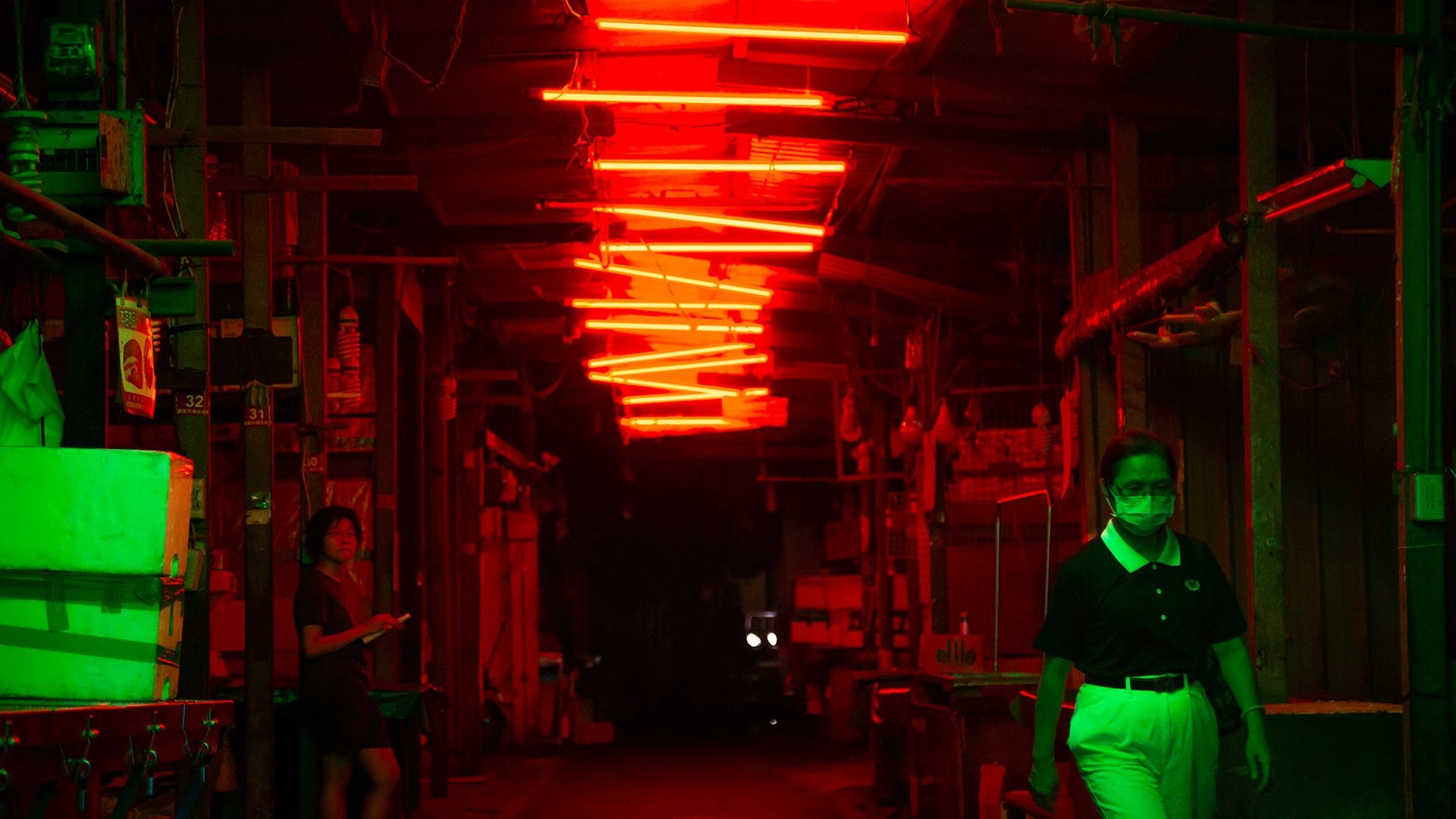
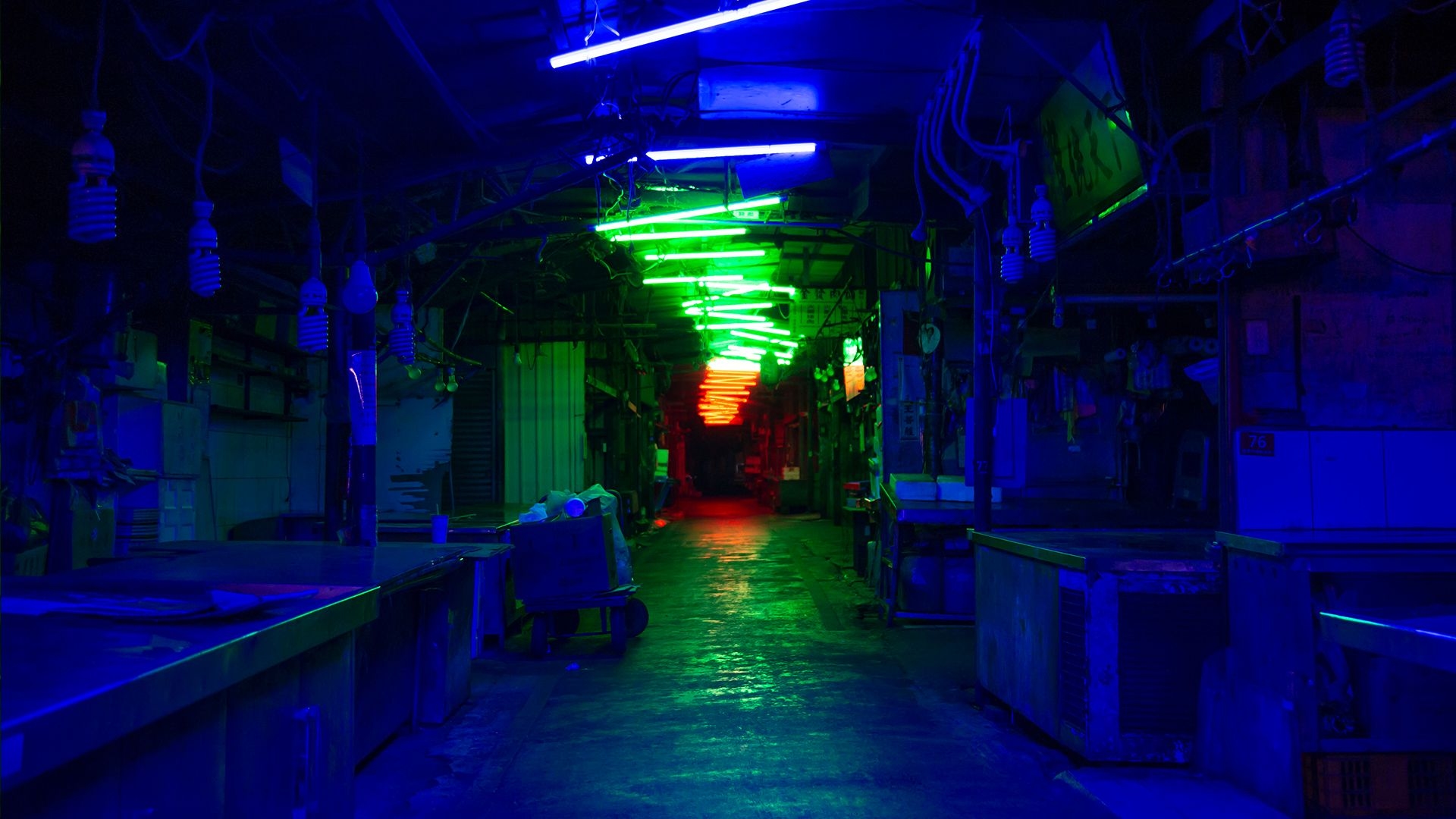

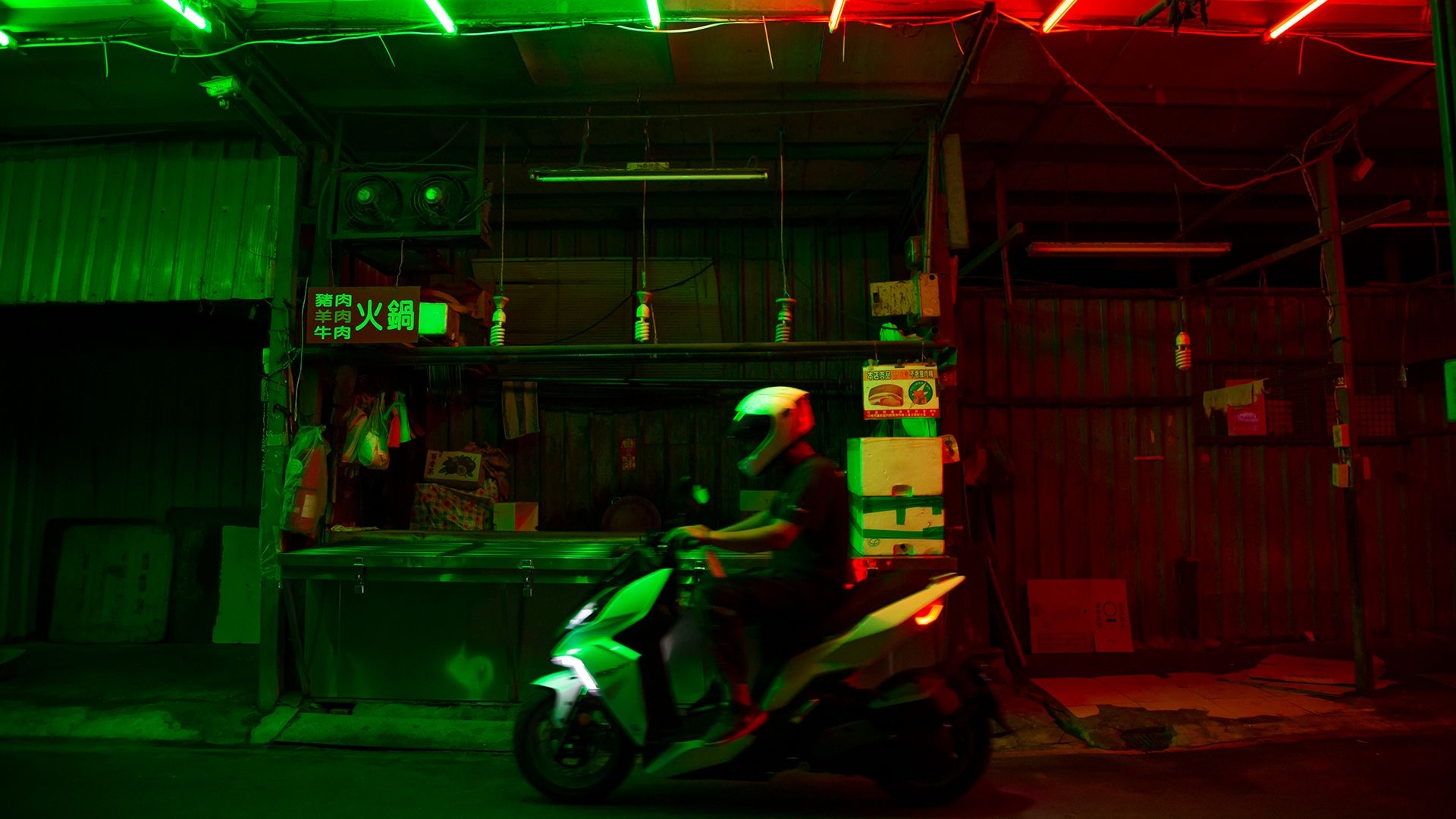
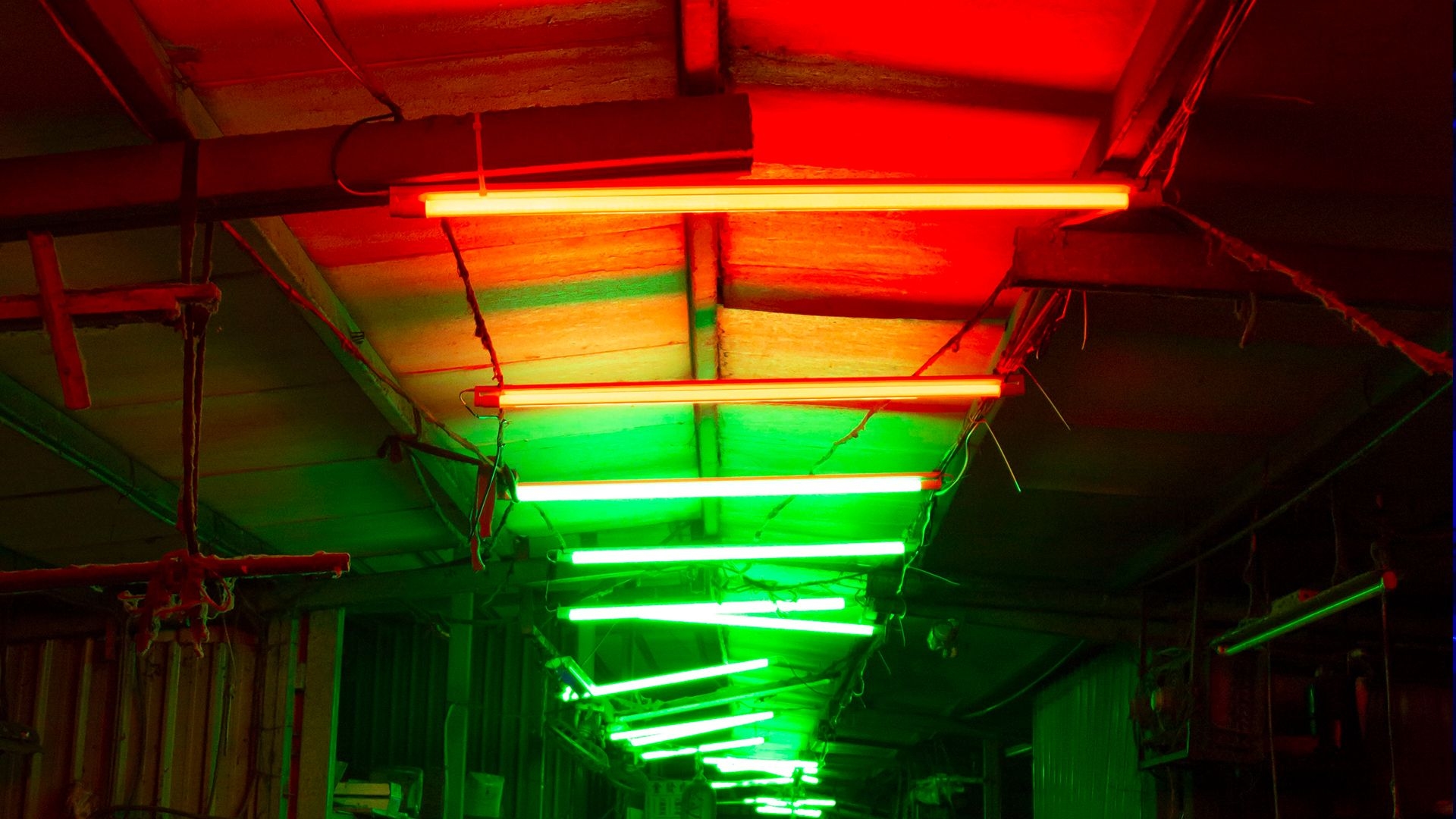
攝影:朱駿騰
合作:LFP香料香水實驗室
特別感謝:龍泉市場自治委員會
Photo: Chun Teng Chu
Collaboration: Laboratory of Fragrance and Perfume (LFP)
Special Thanks to: Longquan Market Management Committee
https://talks.taishinart.org.tw/juries/tpk/2020102707
https://drive.google.com/file/d/1cS2zZy-NHK9f7YLLGWv_qLKyalFL6pcf/view?usp=sharing